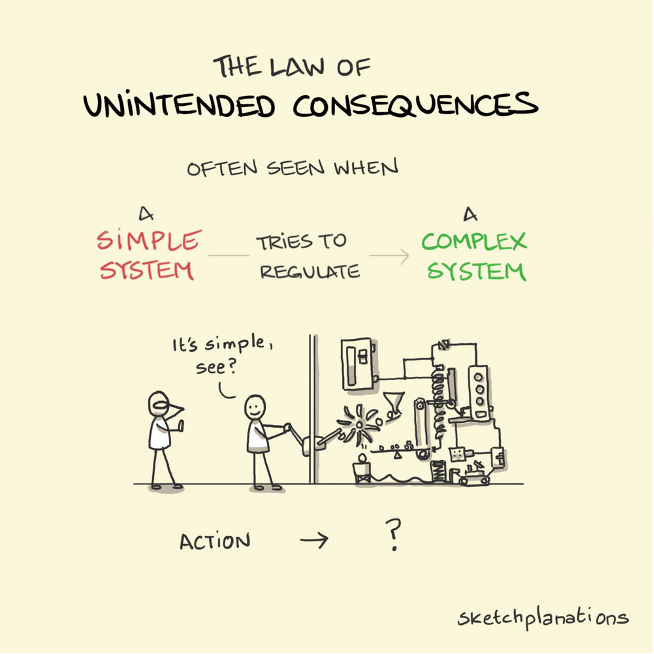Empathy in the age of AI
I recently published an article on Trusted Cyber Annex about AI chatbots not stating technical facts accurately. I also posted about it on Reddit and LinkedIn.
What I should have been expecting, but somehow wasn’t, was that many of the comments blamed the users. Users aren’t researching each AI model before using it. Users aren’t doing the necessary prompt engineering (not that most users have even heard of prompt engineering, let alone trained on it). Users are lazy.
Compare that to the culture and messaging you’ll find in many media outlets and social media sites, which boils down to: AI can do everything for us. AI makes everything so easy. AI will replace us all.
Is it any wonder that users are struggling? They’re being told they’re becoming irrelevant at the same time they’re being told to figure out these insanely complex, unpredictable, rapidly evolving, highly technical tools on their own. Why bother? Just get through another day and wait to be laid off.

What we all need is more empathy. Empathy is more than feelings; Merriam-Webster defines it as “the action of understanding, being aware of, being sensitive to, and vicariously experiencing the feelings, thoughts, and experience of another.” [emphasis mine]
Bashing users is something most of us in the tech community are guilty of, myself included. But for the most part, I lean into empathy. It’s my superpower for writing. I think of different communities of people and what assumptions I can and can’t reasonably make about their capabilities, their knowledge, their environments, and their personalities. Then I write things to try to help those communities increase their understanding and make their lives a little bit easier.
We’re all living in such crazy times, full of misinformation and disinformation, and full of anger at each other. We should be strengthening our empathy skills and using them to help each other. Whether that means educating others on how to use AI, creating chatbot prompt templates, improving the quality of AI tools, or just spreading the message that there’s a great deal of AI hype afoot and that people still matter—we should all be doing our part. And there’s no better time to start than right now.


I have a hard time practicing empathy when many of our (humanity's) problems are caused by some humans who are all too willing to hurt, deceive, or use other humans for their gain.
Many peddling AI right now as a "feature" or "product" don't understand AI, misrepresent it, or straight up lie about it.